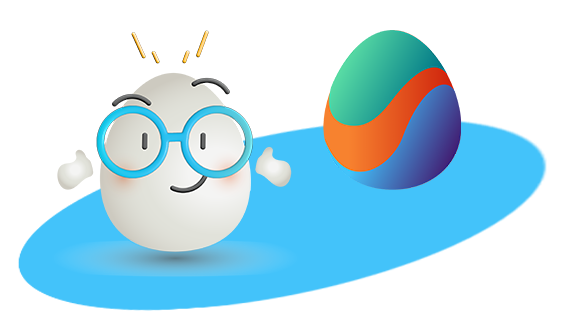Today we're talking a necessary, but maybe not favorite topic....loans! If you’ve ever purchased a vehicle, bought a home, tried to start a business, or gone to school anytime in your life, chances are you may be familiar with loans already. Now I don’t know about you, but despite the fact that I have $11,000 of debt and am about to sign up for more, (thanks, grad school!) I still find the topic of loans somewhat confusing. So I did what any good millennial does when they don’t know the answer to something, I did some research and here are the highlights worthy of sharing.
What are loans?
Loans are a way for a person, organization, or government to borrow money. Loans are expected to be paid back over time, with interest. There are many different types of loans, which we will get into a little later, but generally speaking the structure of a loan is the same. Most loans contain the following three elements:
- Interest Rate
- Term
- Security
How do interest rates on loans work?
Interest rates are a way for the person or institution to make a profit from the loan they have given. There are two forms of interest rates that can be applied to a loan:
-
Fixed Interest Rates
- Simply put, a fixed interest is an interest rate that does not change over time. If you take a loan with an 8% interest, you will pay 8% interest annually for the entire time you have that loan.
-
Variable Interest Rates
- Variable interest rates are exactly what they sound like, interest rates that change over time. These interest rates are typically informed by the “standard market rate,” which just means the usual price for something across a particular market. Because average rates can change over time, variable interest rates will also change.
What is a loan term?
The loan term is the length of time you have to pay back the loan.
What is loan security?
-
Secured
- A secured loan is a loan that has a guaranteed pay back, usually by putting up collateral (like with a mortgage loan, the collateral would be the house). A secured loan will often result in a lower interest rate as the risk to the lender is less (because the lender will be able to recoup the amount of money borrowed by selling the collateral).
-
Unsecured
- An unsecured loan does not have collateral, so there is no guarantee that the lender will get their money back if you default on your payments. As a result, interest rates on unsecured loans are higher.
- Does this mean that I can just...not pay my loans? No. Oftentimes when borrowers default on their loan payments, the lender will send their loans to debt collectors or you can be taken to court. Not repaying a loan also hurts your credit score which can impact your access to future borrowing (and will increase the interest rate you have to pay in the future as you are a higher risk as a borrower).
What types of loans exist?
Personal Loans
- Allows a person to borrow a set amount of money
- Are usually fixed interest and fixed repayment
- Have interest rates that can depend on your credit score.
- Are typically unsecured, but can be secured.
- Can be taken out for any reason.
Business Loans
-
Allows a business to borrow money to expand their business ventures
-
Can be secured or unsecured
-
Exist in many different types: SBA, asset-based, bank, etc.
- There are a number of different types of business loans, with different requirements for each loan type, so we aren’t going to talk about that now.
Student Loans
-
Allows a student to off-set the cost of tuition and other fees associated with higher education.
-
Comes in a few different forms:
- Subsidized Stafford: does not accrue interest until after graduation
- Unsubsidized Stafford: interest accrues while still in school
- Perkins: Similar to Stafford but with lower interest rates, longer time before repayment begins
- PLUS: A loan parents can take out to cover the remaining cost of college attendance that is not covered by other financial aid. Need-based, requires credit check
-
You can also get private student loans
Vehicle Loans
- Is based on the sales price of the car
- Usually requires a down payment
- Has a fixed interest rate and fixed repayment rate
- Gives you a loan amount less than the total value of the car, depending on trade-ins and down payments.
Mortgage Loans
-
Allows people to purchase property (like a home or land)
-
Uses the property as collateral
-
Common loan term: 30 years
- Options for: 10, 15, and 20 years as well
-
Has fixed-rate and variable-rate interest options
Home Equity Loans
- Often used for major expenses
- Borrower uses the equity (ie., available value) of their home as collateral
- Usually a shorter term than mortgages
- Does not allow you to purchase a home.
How do I get a loan?
It depends on the type of loan you want to get, but here are some things that lenders will look for when deciding who gets a loan:
- Credit score
- Credit history
- Income
- Collateral
- Income-to-debt ratios
In addition, you will need proof of identification and you may need to share the purpose of your loan.
And of course...borrow responsibly!
Looking to learn more financial basics to help you in your journey to financial success? Check out our articles on investing, savings, and more!
Tags:
Finance 101June 10, 2021






